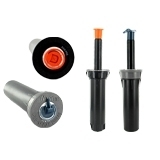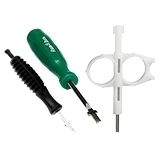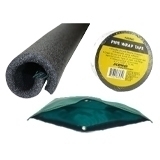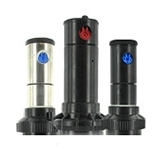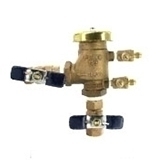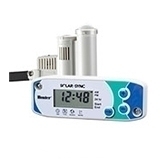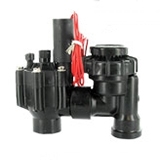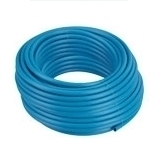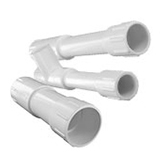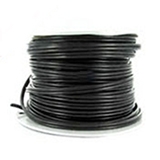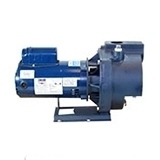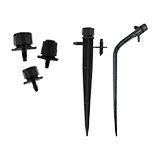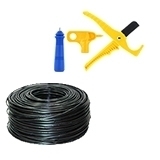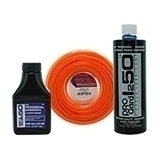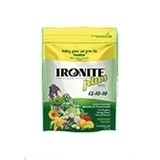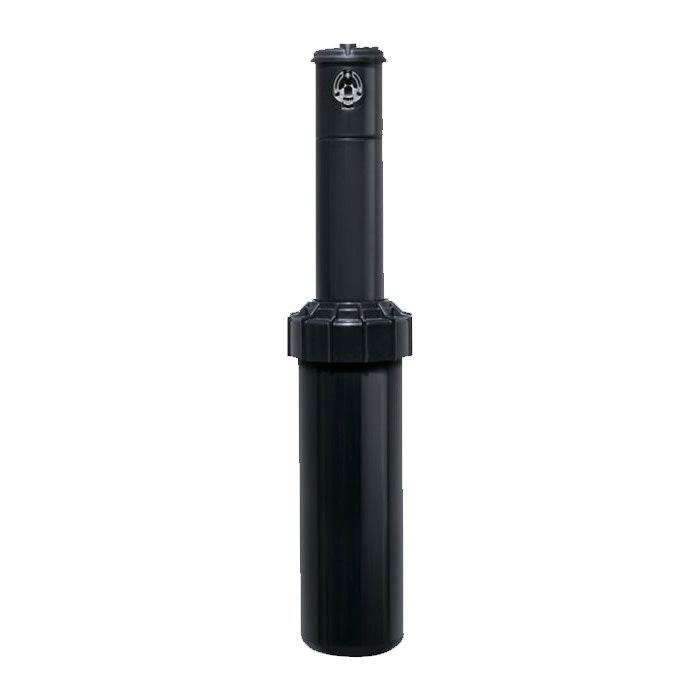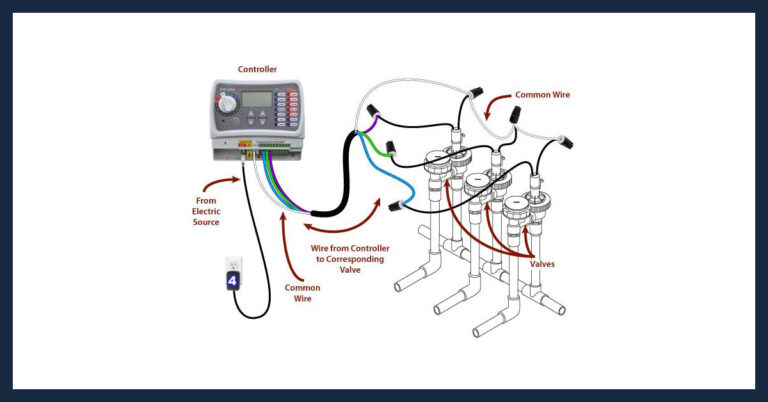The box that covers and protects your underground sprinkler system valves is almost as important as the valves themselves. Although some irrigation installations are still being done with valves installed above grade, it is becoming more common for the valves to be placed below ground. However, an important additional component is to be added when burying valves.
Benefits Of A Valve Box
Why use valve boxes at all? A valve box secures the valve in a clean environment and helps prevent damage to the wires and makes finding and working on them more convenient when they need to be serviced. A properly sized valve box will provide plenty of room to access and work on the valve. Valve boxes also protect other parts of an irrigation system that may need service over time. Including wire splices, valves, backflow preventers, and drip emitters.
An emitter box is a valve box manufactured to cover multi-outlet drip emitters. These differ from standard boxes in that they have slots on the sides to accommodate the drip irrigation distribution tubing.
To blend in with the landscape, valve box covers are available in various colors: black, green, Tan, and purple.
If you’re installing a valve box in a turf area, a green cover blends in better with the grass. If you’re installing a box in an area with rock and sand a tan-colored cover may work best, and so on.
When choosing a valve box, size really does matter. If the box is too small for the number of values, it will be nearly impossible to service.
If you don’t have enough working room, you’ll have to dig the box out to work on the valves. This defeats one of the primary purposes of placing the valves in the box in the first place. To achieve optimal performance, choose the size appropriate to the number of valves needed to be enclosed.
Valve boxes are also used in special situations, for example, if you’re installing a fertigation unit or need accessibility to a quick coupler or Q-C-V device.
Valve Boxes For Drip Irrigation
Another place where valves boxes are used is when installing a drip irrigation system. This system includes the valve, pressure regulators, and filter. Putting them in a valve box is especially helpful when cleaning and changing the filter is needed.
Regarding placement, the apparent objective is to install valve boxes in areas where they will be less noticeable or hidden from view entirely. That way they will not detract from the beauty of the landscaped yard. Irrigation valve boxes provide security for irrigation valves by preventing vandalism and breakage. It protects wires from UV sunlight exposure.
A good rule of thumb is no more than three valves in a standard 14-inch rectangular valve box. Playing the game of “He who gets the most valves in the valve box— Wins!” It will cost you more in time and money when there is a need to perform maintenance on one of those valves. Overspending can also occur when large boxes are purchased to contain only one valve when actually three to five valves are meant to fit inside.
Another mistake commonly made, is to try to modify a box to suit some need without taking into consideration that the part of the valve box being changed might be critical to the overall design and strength of the box. Causing it to break when stepped on or run over by a mower.
Learn More At Sprinkler Warehouse
Remember, Sprinkler Warehouse’s online store has the best prices and availability on everything you need for your irrigation needs. And if you have any questions chat with one of our amazing customer service agents at Sprinkler Warehouse dot com. They really know their stuff. And they’ll get you squared away. And don’t forget to subscribe to our YouTube channel for more how-to videos and irrigation tips. For Sprinkler Warehouse, I’m Alfred Castillo. Your Sprinkler Warehouse Pro.



